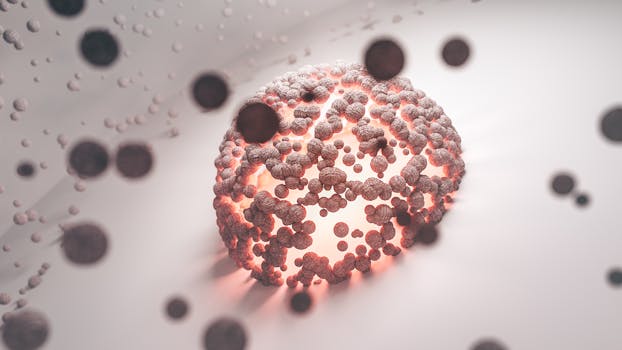
The Role of Genetics in Human Health and Disease
Introduction to Genetics and Human Health

Genetics play a crucial role in human health and disease. The study of genetics has led to a greater understanding of the complex relationships between genes, environment, and lifestyle. Genetic factors can influence the development of diseases, and understanding these factors is essential for developing effective treatments and prevention strategies. In this article, we will explore the role of genetics in human health and disease, and discuss the latest developments in the field.
Genetic Factors and Disease

Genetic factors can contribute to the development of diseases in several ways. Genetic mutations can occur spontaneously or be inherited from one’s parents. These mutations can affect the function of genes, leading to changes in the production of proteins or other molecules. In some cases, genetic mutations can increase the risk of developing certain diseases, such as cancer or heart disease. For example, mutations in the BRCA1 and BRCA2 genes can increase the risk of breast and ovarian cancer.
In addition to genetic mutations, environmental factors can also play a role in the development of diseases. Environmental factors, such as diet and lifestyle, can interact with genetic factors to influence the risk of disease. For example, a person with a genetic predisposition to obesity may be more likely to develop the condition if they have a diet high in fat and sugar.
Epigenetics and Human Health

Epigenetics is the study of changes in gene expression that do not involve changes to the underlying DNA sequence. Epigenetic changes can be influenced by environmental factors, such as diet and lifestyle, and can affect the development of diseases. For example, studies have shown that maternal nutrition during pregnancy can affect the epigenetic markers of the offspring, influencing their risk of developing diseases such as diabetes and heart disease.
Epigenetic changes can also be influenced by genetic factors. For example, genetic mutations can affect the function of epigenetic regulators, leading to changes in gene expression. Understanding the relationship between genetics and epigenetics is essential for developing effective treatments and prevention strategies for diseases.
Genetic Testing and Counseling

Genetic testing and counseling are essential for identifying individuals who are at risk of developing certain diseases. Genetic testing can identify genetic mutations that increase the risk of disease, and genetic counseling can provide individuals with information about their risk and options for prevention and treatment.
Genetic testing can be used to identify genetic mutations that increase the risk of certain diseases, such as cancer or heart disease. For example, genetic testing can identify mutations in the BRCA1 and BRCA2 genes, which can increase the risk of breast and ovarian cancer. Genetic counseling can provide individuals with information about their risk and options for prevention and treatment, such as increased surveillance or preventive surgery.
Conclusion

In conclusion, genetics play a crucial role in human health and disease. Understanding the relationship between genetics and human health is essential for developing effective treatments and prevention strategies for diseases. Genetic factors can influence the development of diseases, and environmental factors can interact with genetic factors to influence the risk of disease. Epigenetic changes can also be influenced by genetic and environmental factors, and understanding the relationship between genetics and epigenetics is essential for developing effective treatments and prevention strategies. Genetic testing and counseling are essential for identifying individuals who are at risk of developing certain diseases, and providing them with information about their risk and options for prevention and treatment.






